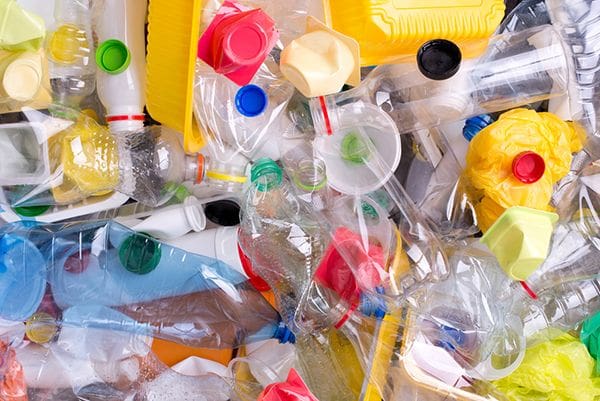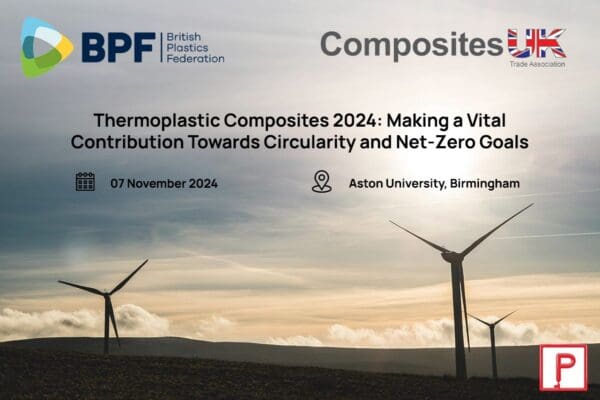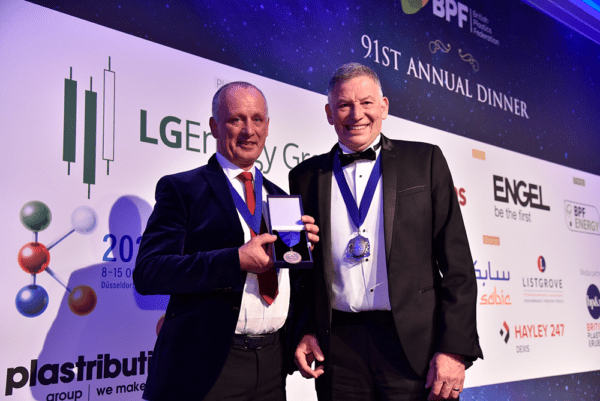
The BPF Respond to BBC’s War on Plastic
The British Plastics Federation (BPF) respond to the BBC’s War on Plastic: “The enemy is not plastic; it is plastic waste.”
The BBC’s War on Plastic programme highlighted many important issues and clearly tapped into the concerns of a lot of people. Addressing many of these issues aligns with the desires of the plastics and recycling industries, namely to reduce plastic waste and improve our recycling infrastructure.
The UK plastics industry would like to see the UK reduce its reliance on exporting its plastic waste and for stringent quality controls to ensure that any waste that is sent abroad for recycling, is actually recycled – and is done so in an environmentally friendly way.
Plastic brings many benefits, enabling many other cutting-edge technologies and keeping the weight and fuel emissions of vehicles down. It also contributes significantly to minimising food waste, which is partly why pre-packaged goods are often cheaper than loose goods. The enemy is not plastic; it is plastic waste.
Plastic needs to be used responsibly and where it provides value — and ultimately recycled in all cases where possible. When it is not possible, in most cases, recovering the energy at an Energy from Waste (EfW) facility is the next best option.
The programme was right to say that people need to be given a choice in supermarkets. But if we are giving people a choice, we also need to present them with enough information to make an informed choice. Some people may need help to understand the various factors to consider when it comes to judging the packaging of products they buy in a supermarket. Food should always be packaged for a purpose, and when making decisions about what packaging format is best for the environment, it involves considering more than simply the recyclability of the packaging.
When making decisions about packaging, experts factor in its weight, bulk, water use, the distance the food has to travel, the CO2 emissions that went into making or growing a product, how much of that product may or may not end up spoiling with or without particular packaging, as well as the resource efficiency and recyclability of the packaging. Other factors, such as the potential spreading of germs via loose produce may also be considered.
Other materials have a different environmental impact and use more land, energy and water to create, as well as being heavier and bulkier in most cases. One study from 2016 found that switching to alternative materials could quadruple what the researchers dubbed ‘the environmental cost’. We need to be careful that people do not understand ‘plastic free’ to necessarily mean ‘good for the environment’. Switching to bulkier, heavier packaging materials and allowing food waste to rise could easily result in carbon emissions increasing.
It is right and encouraging that people are showing concern for the environment and the impacts all of our actions have. We can all make a difference. People should educate themselves about the vital role packaging plays to help them make informed decisions about the packaging and products they do or do not need in their lives. Industry, government and local authorities need to work together to simplify recycling for people across the entire UK.
Meanwhile, the plastics industry is:
- Monitoring and trialling different solutions as the retail environment evolves
- Investing in innovative sorting and recycling technologies around the world
- Willing to promote reuse mechanisms in cases where it makes clear sense to do so
- Willing to pay a fair share of the cost of recovering and recycling plastic products
- Developing and promoting ecodesign guides to ensure plastic packaging is easily recyclable
- Committed to stopping any plastic packaging going to landfill before 2030
We understand that things are changing. But plastic will – and should – continue to play a vital role in all our lives going forward. As society continues to learn how to use plastic more intelligently, we also need to remember to #valueplastic.
See here for the British Plastics Federation’s Position Statements on a range of industry issues.





